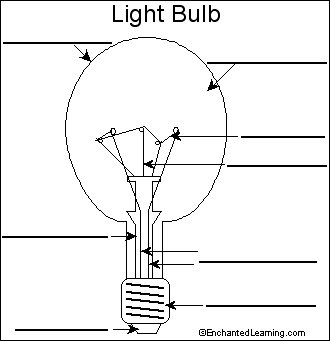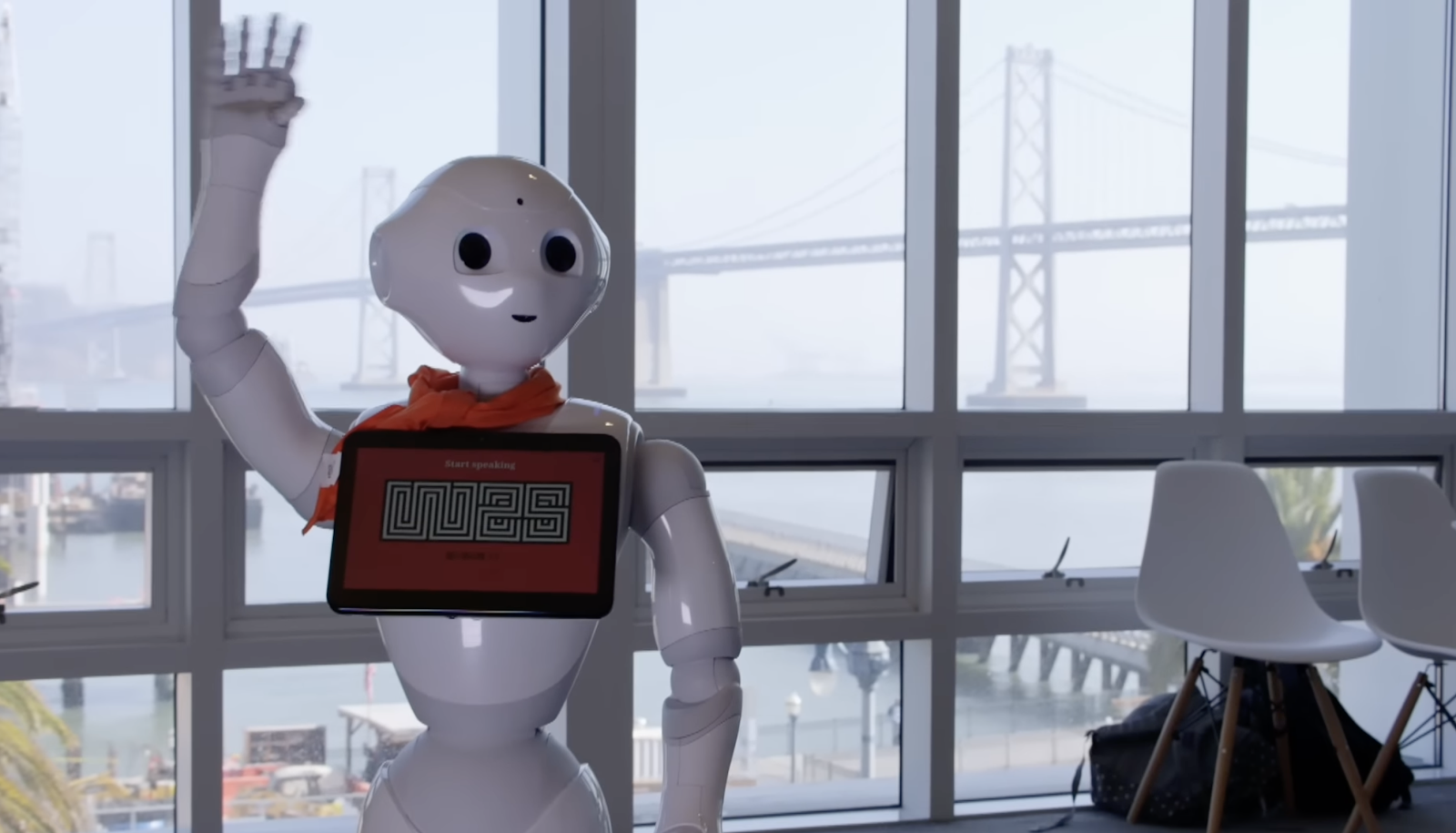My Relationship With Technology
Social media plays a massive role in my life and in the lives of every kid who has grown up with smartphones, laptops, and tablets. It has allowed our generation to have social media apps from a young age, and I feel that it has really taken a toll on some of those kids. I was not allowed to have any social media until I got my first phone when I was 13. I feel that this was a very smart decision by my parents because a kid younger than 13 is not mature enough to look through social media on their own. More importantly, they do not have the skills to look away or stop going on it when there is cyberbullying. The people I know who have had social media since a young age have run into serious mental health problems, and social media for them turns into showing a fake life and trying to be perceived as someone they aren't.
As I watched the short videos again, there is not one simple answer on whether technology is right or wrong. We see one side where the views are positive and show us how much technology has improved and how good the future could be with the new technology that will be accessible to us. The other side is negative, and I feel shows a more accurate example of how lonely and exhausting social media can be. I am not saying everyone has the same experience, but for the people who get cyberbullied or get a fear of missing out, social media is the worst possible place you can go. I think the in-between of these two examples is the middle ground for technology. Technology to me is a resource that has been given to us, and it is up to us how we use this resource. If we set boundaries and do not let ourselves get so wrapped up in what other people are doing or what they are saying, then social media is one of the best places ever. The amount of networking and connections you can make through it is like nothing we have ever seen before. We see how "influencers" are making so much money, and that is all because they are the new stars, and companies promote through them, which so far has been very effective. In the future of technology, I feel that these problems will only grow and get worse. People will be using apps and technology so much more, and I feel that they will be able to get away with cyberbullying with advanced apps. My solution to this would be having the government regulate what happens on the apps and have AI sense chats, and if it is in any way, shape, or form of being mean, then that user should be kicked off for at least a month. There would be more that goes into it, but as we see now, something needs to change, or else we will continue to go down a path that we can't come back from.



















